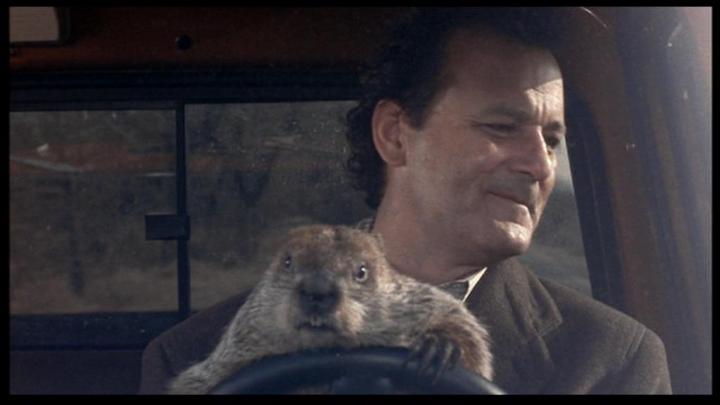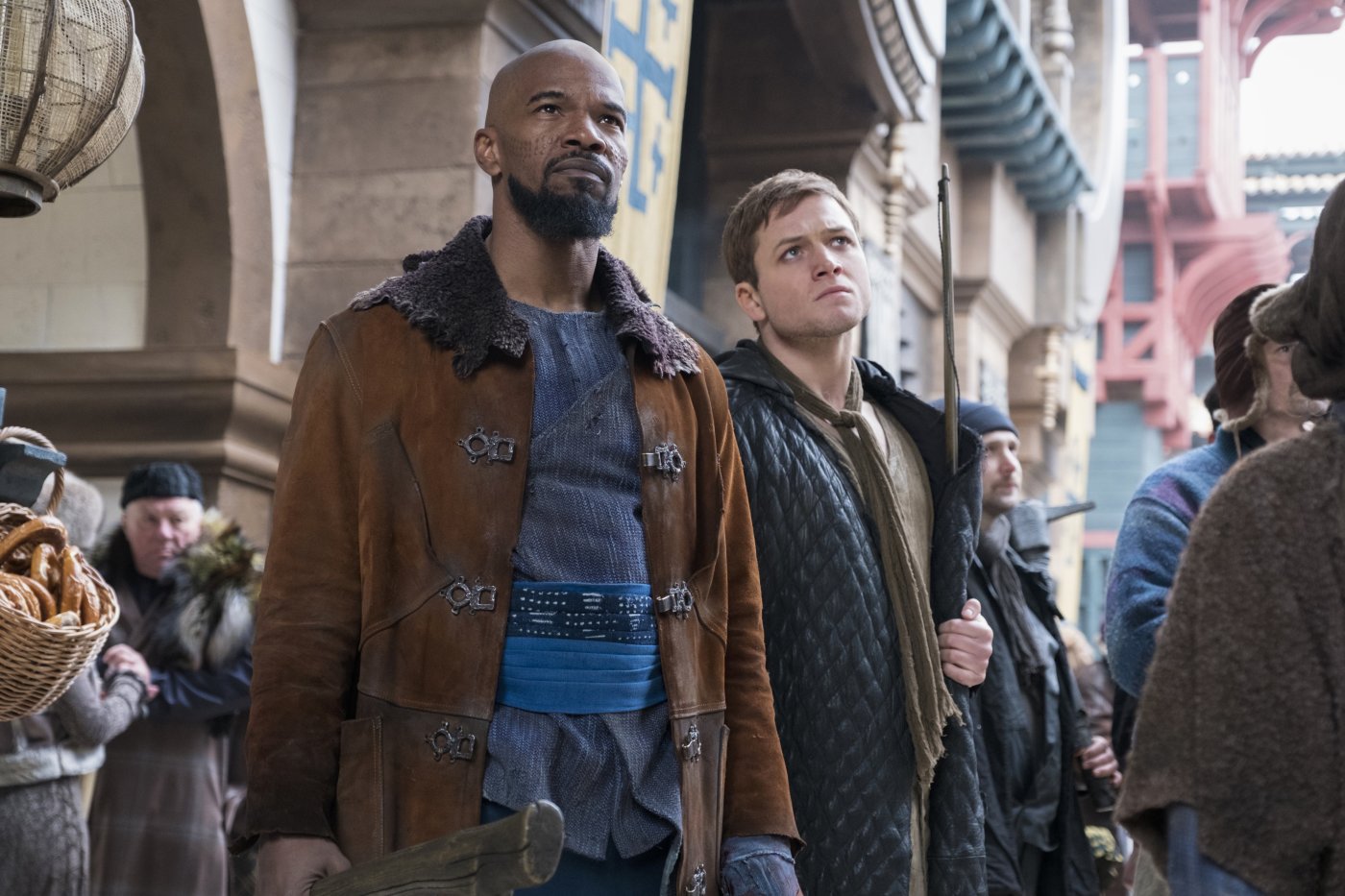Challenging the notion that a film needs more than one plot point, Three Peaks burst above the skyline to demonstrate exactly what can be done with character development, character development, character development, and –time permitting- a li’l bit of action. The film follows a nuclear family from the beach to the Alps clinging desperately to the idea that eventually it might show something you wish to see. It’s a long wait.
One would think this film would be all about Lea (Bérénice Bejo), the woman who introduced the boyfriend, Aaron (Alexander Fehling) to her -we’re gonna say eight(?) nine (?) seventeen (?)- year-old son; suffice to say the kid is old enough to be an independent pain in the ass. As the movie evolves, however, Lea fades into the backdrop; the film is entirely about the relationship between boyfriend and boy … friend?
Tristan (Arian Montgomery) is at an age where he should stop wanting to sleep near mom. He’s also at an age where he shouldn’t need to talk to his biological father thrice a day. And yet, these things happen. His appearance gives away little other than boyhood, but he’s an insecure li’l cruller, ain’t he? And this is Aaron’s up-Alp battle. Aaron seems to be doing the right things; for the most part, he acts the part of permissive father. He knows damn well that his long term survival with Lea will depend a great deal on his ability to get on with Tristan, so he’s –more-or-less- patient and indulgent.
The patient routine can only go so far with a kid like Tristan. It’s not like the boy is Problem Child or anything, but damned if Tristan doesn’t push buttons. Aaron has brought them to his family cabin retreat at the base of the Alps almost certainly to win approval from Lea and Tristan. Fathers know all too well, however, that you can travel to the end of time itself and still be cock-blocked. We see Aaron constantly trying to gauge Tristan’s reaction. How exactly does the kid feel about having Aaron in his life? Not secure enough to leave the cell connection to biological dad, that’s fer sher.
One telling sign comes midway through when something almost happens in this film, but not quite. [Get used to that, this entire film could be titled “Something Almost Happens, but Not Quite.”] Aaron is in the process of removing an uprooted and threatening fir tree from his property. Lacking a functional chainsaw, he going about the process by removing limb after limb. Tristan wants to help out – hey, isn’t that nice? Here’s a good opportunity for bonding. Tristan is no good with with the saw, so Aaron helps him out a little. Next moment, Tristan brings the saw to Aaron’s arm, threatening to draw blood. What exactly is going on here? And how strong is Aaron’s love for Lea that he would let Tristan make such a threat?
Three Peaks seems very personal, especially given the ratio of minor character confrontations to genuine plot points. It makes me wonder how much experience writer/director Jan Zeibel has with step-parents and step-children. These details are so intimate they have to mirror somebody’s life, right? The problem with a personal film is that we the audience are constantly guessing emotion-wise while the lustrous backdrop is supposed to carry the weight of the film by itself. Sure, this is pretty, but the setting can only go so far; you’ve asked us to wait a full hour to address the central question of, “How does the kid really feel about his father being replaced?” That’s both too long and too specific a question to request of any audience. I won’t say Peaks was decidedly flat, but it took an awful long time to get to the summit.
A German friend more than role fills
Yet parenting does not encompass his thrills
What’s mundane as tissue
Escalates to issue
In the Alps, the mountains are the mole hills
Not Rated, 94 Minutes
Director: Jan Zabeil
Writer: Jan Zabeil
Genre: Modern “Brady Bunch“
Type of being most likely to enjoy this film: Anybody that has battled for a step-child’s acceptance
Type of being least likely to enjoy this film: Action hounds




